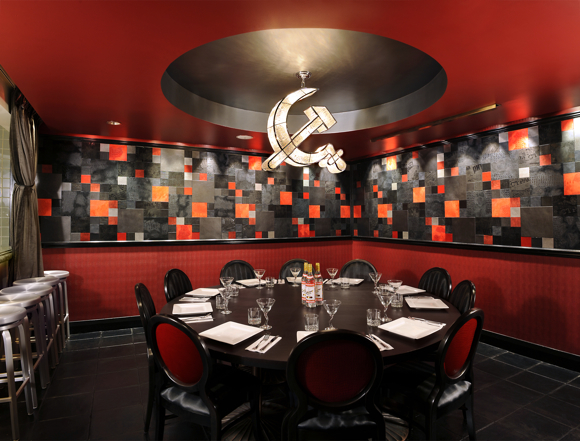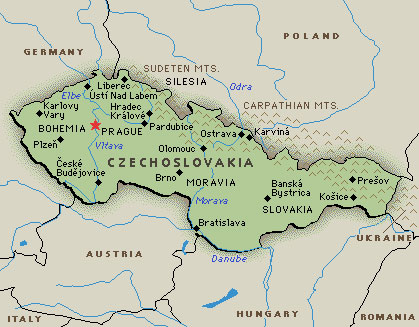Moscow 57, a New York City-based hospitality and entertainment company, founded by Ellen Kaye and her partner, Seth Goldman, are opening a Russian Central Asian restaurant on the Lower East Side of NYC on February 5th.
The entertainment will feature guitarist Tony Romano and jazz vocalist Cleve Douglass, two regular performers at the company’s M57 Pop Up Urban Salons, as they prepare to tour Russia in support of the new album, Desert Flower. Ellen Kaye will host and perform with Ethan Fein and the Moscow 57 Band.
Kaye’s family owned The Russian Tea Room from 1947 to 1996 and this restaurant will draw on influences from Russia, Georgia, Belorussia, Ukraine, Azerbaijan, Kazakhstan, Kyrgyzstan, Tajikistan, Turkmenistan and Uzbekistan.
The opening night’s event will be a tribute to guest chef, Don Boyd, New Orleans’ restaurateur and slow food activist. Proceeds will go to the New Orleans Musicians Assistance Foundation. Boyd can be credited with spearheading the brand’s decision to launch a permanent venue for Moscow 57. For the last two years the company has hosted M57 Urban Salons, evenings of music, food and art, in New York and across the East Coast.
168½ Delancey Street, New York, NY 10002 USA


























